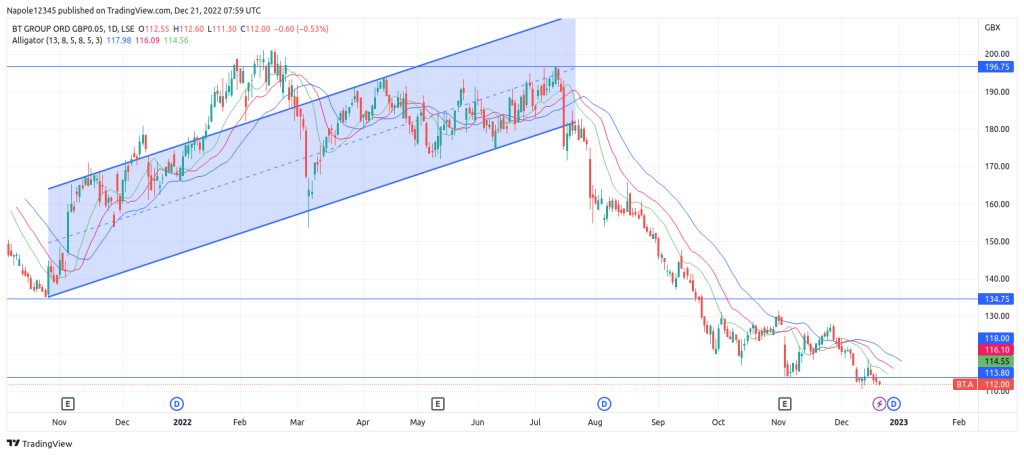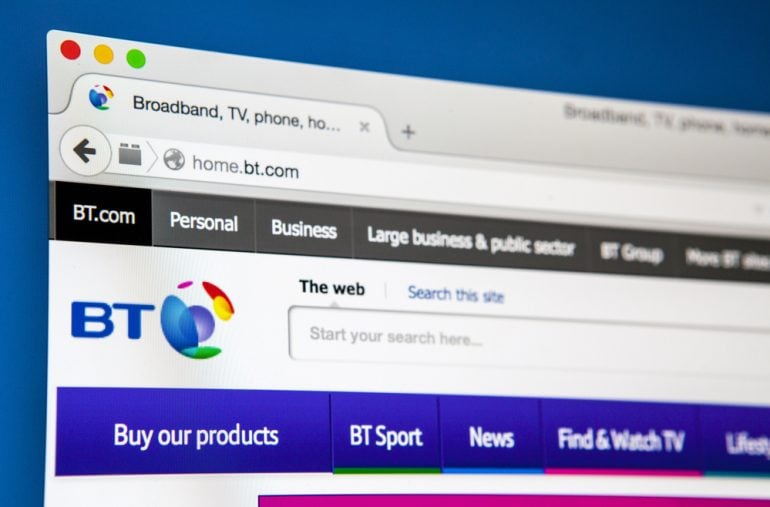The BT share price is down by 35 percent year-to-date, and as the year ends, the company looks poised to close it with another strong bearish trend. In yesterday’s trading session, it closed the markets down 0.5 percent, extending the bearish trend of the past week. However, despite the continued drop in the value of the BT share, one question still remains for most investors, should they buy the company’s share going into 2023?
Should you Invest in BT Share Price
BT (LSE: BT.A) shares have had a challenging year, dropping approximately 35%. However, the company’s valuation multiples suggest that its shares could be cheap, and it has an expected dividend yield of 6.6%. BT earns its revenue through three segments: Consumer, Enterprise/Global (BT Business), and Openreach.
Openreach, which constitutes almost a quarter of the company’s revenue and is responsible for connecting homes and businesses to telecommunication networks, is building Britain’s largest fiber-to-the-premises network, which could potentially benefit the company in the long term. Additionally, BT is planning to merge its Global and Enterprise divisions and has expanded its partnership with Nokia, which could improve its products and services and potentially boost its top and bottom lines.
However, the company has a significant amount of debt to address and may face regulatory hurdles, which could impact its earnings potential. BT shares also appear to be cheap from a value investing perspective, with a forward-looking price-to-earnings (P/E) ratio of under six. The shares also have an attractive dividend yield of around 6.8%.
However, the company has had relatively low growth, with analysts expecting a decline in revenue year-on-year and low profitability, with a return on capital employed (ROCE) of around 6% over the last two years. Additionally, the company has a significant amount of debt on its balance sheet, which could be problematic in the current environment of higher interest rates.
Overall, while there are some potential positives for BT shares, such as their low valuation and attractive dividend yield, there are also significant risks to consider, including the company’s low growth, low profitability, and significant debt burden. Therefore, investing in BT shares carries huge risks for both the short-term and long-term since it is likely we might see the current bearish trend pushing until the first quarter of next year.
BT Daily Chart


